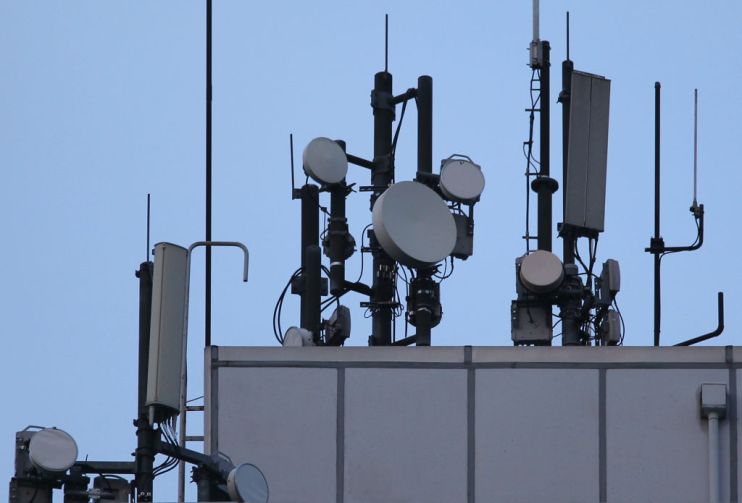Three warns of 5G threat after £2bn mobile mast merger makes new ‘monopoly’

Mobile operator Three has issued a stark warning over a £2bn mobile masts mega-merger, warning the deal could pose a threat to the UK’s 5G rollout.
Earlier this month Spanish infrastructure giant Cellnex struck an agreement to buy the telecoms division of British firm Arqiva, making it the largest mast operator in the UK.
Read more: Cellnex snaps up Arqiva’s telecoms division in £2bn deal
But Three has called on regulators to intervene in the deal, stating it could inflate costs and slow down efforts to bring the high-speed network to all parts of the country.
“The proposed acquisition of Arqiva’s telecoms business by Cellnex threatens to hinder the UK’s position in the global 5G race, giving Cellnex control of over 80 per cent of independent mobile sites in the UK,” a Three spokesperson said in a statement.
The planned merger will add roughly 7,400 sites to Cellnex’s portfolio, as well as the rights to market roughly 900 additional sites across the UK.
Cellnex, which rents access to all four mobile networks, hailed the deal as a “key milestone”.
However, the move has sparked concern among telecoms providers, and Three warned against the creation of a new monopoly, the Sunday Telegraph reported.
“At a time when operators are focused on deploying 5G as quickly as possible, the creation of a new monopoly may increase the costs of rollout, reducing investment in the UK’s digital infrastructure, negatively impacting consumers,” the company said.
“The Competition and Markets Authority needs to ensure the transaction does not compromise the UK’s objective to be a world leader in 5G.”
All four UK mobile operators have now launched 5G in London and other major cities, with wider rollouts planned across the country in the coming months.
Read more: UK mobile network operators reveal plan to end rural not-spots
In a rare example of collaboration within the industry, the companies last week secured an agreement with the government to help crack down on so-called not spots in rural areas.
The £1bn plan will see the operators – O2, Vodafone, EE and Three – work together to build new masts and share existing ones, replacing plans to bring in a national roaming scheme that firms warned would deter investment.
Main image credit: Getty